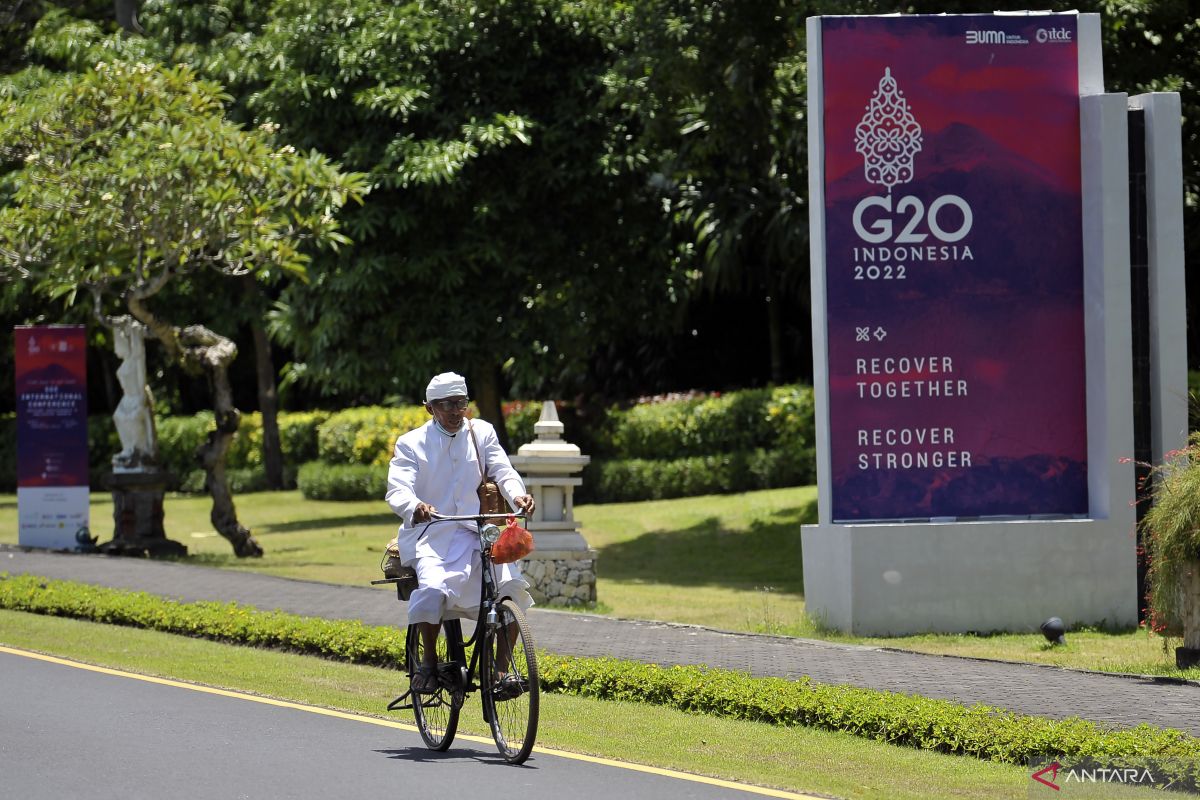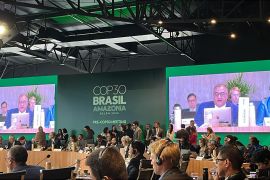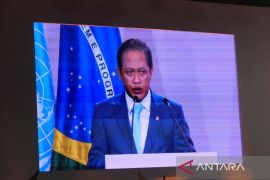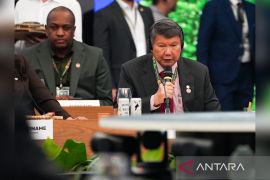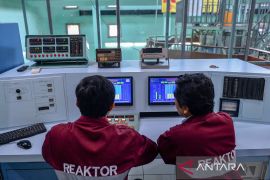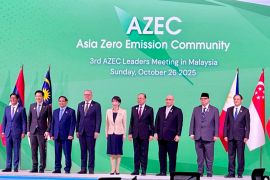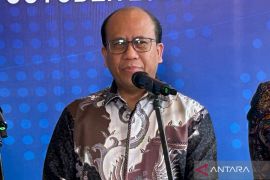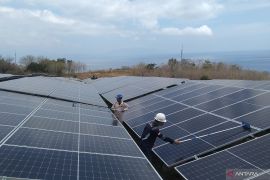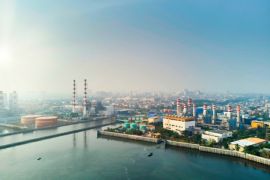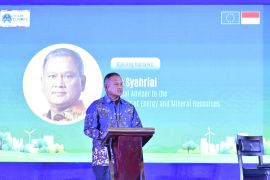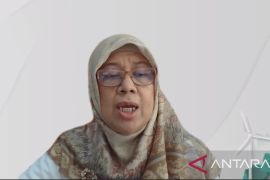We see the change in de-carbonization as an opportunity for Indonesian SOEsJakarta (ANTARA) - The Ministry of State-Owned Enterprises has developed five strategic initiatives to encourage SOEs to build a portfolio and ecosystem to achieve the target of net zero emissions by 2060.
During the conference of "Energy Transition and Green Development for Sustainable Growth" held in Bali on Monday , Deputy SOEs Minister Pahala N. Mansyuri stated that one of the major focus areas of the ministry was to not only encourage SOEs to provide positive value and impact for the people in Indonesia but also to innovate and change their business model.
“We see the change in de-carbonization as an opportunity for Indonesian SOEs. (It is) because we see it as an opportunity to really improve our energy security and energy independence,” Pahala noted.
He further explained that in the short term, changes would be accelerated as a result of the Russia-Ukraine war.
However, Pahala said the ministry prefers to look at the trend of medium term by offering five main initiatives to reach the target of carbon emission.
Related news: MIND ID strives to implement circular economy to reach NZE
The initiatives comprised first, establishing a carbon market ecosystem among SOEs to accelerate the de-carbonization agenda and set a role model for the formation of a national carbon market and implement the Nature Base Solution (NBS); second, developing new and renewable capacity, including geothermal, biomass, biofuel, and others; third, building an EV ecosystem to reduce dependence on fuel oil, reduce imports and fuel subsidies; fourth, developing the energy transition mechanism through efforts to reduce dependence on coal-fired power plants; and fifth, developing green industry clusters.
Furthermore, Pahala said the government determined that Indonesia can actually achieve net zero emissions in 2060 and reduce emissions by around 32 percent by 2030.
To this end, every SOE must be able to develop a portfolio of initiatives as an ecosystem of SOE to help in achieving the National Determined Contributions (NDCs).
Related news: Minister outlines programs to realize carbon-free nation by 2060
“In the Ministry of SOEs, since last year, we have determined that every year, we must have key performance indicator. At least it has been determined what would be the emission reduction target. Then, we continued by determining what to do and what were the initiatives to build business opportunities,” he stated.
In the conference panel, President of Schlumberger Asia Amy Chua revealed that the oil and gas company she led was taking three approaches to de-carbonization: reducing its own emissions, helping clients and customers in reducing emissions, and starting to invest in new energy.
“Hence, I think this upcoming portfolio will eventually be part of our energy transition,” Chua noted.
However, she said regulation indubitably plays a major role.
As an example, she cited that the rapid progress in emissions reduction experienced by Europe after the European Union Commission created a transitional system back in 2005.
The emission reductions they conducted were phenomenal, as their emissions were reduced by almost 43 percent and traceability by up to 42.8 percent.
Chua assessed that without clear policies, emission reductions would take longer.
“Collaboration and partnership are important. No single entity can do this alone. We are used to doing that, so we have a lot of partnerships and collaborations around the world now,” she concluded.
Related news: Pertamina to work with international partners to realize NZE target
Related news: BUMN international conference underlines energy transition commitment
Reporter: Yashinta Difa Pramudyani
Editor: Fardah Assegaf
Copyright © ANTARA 2022
